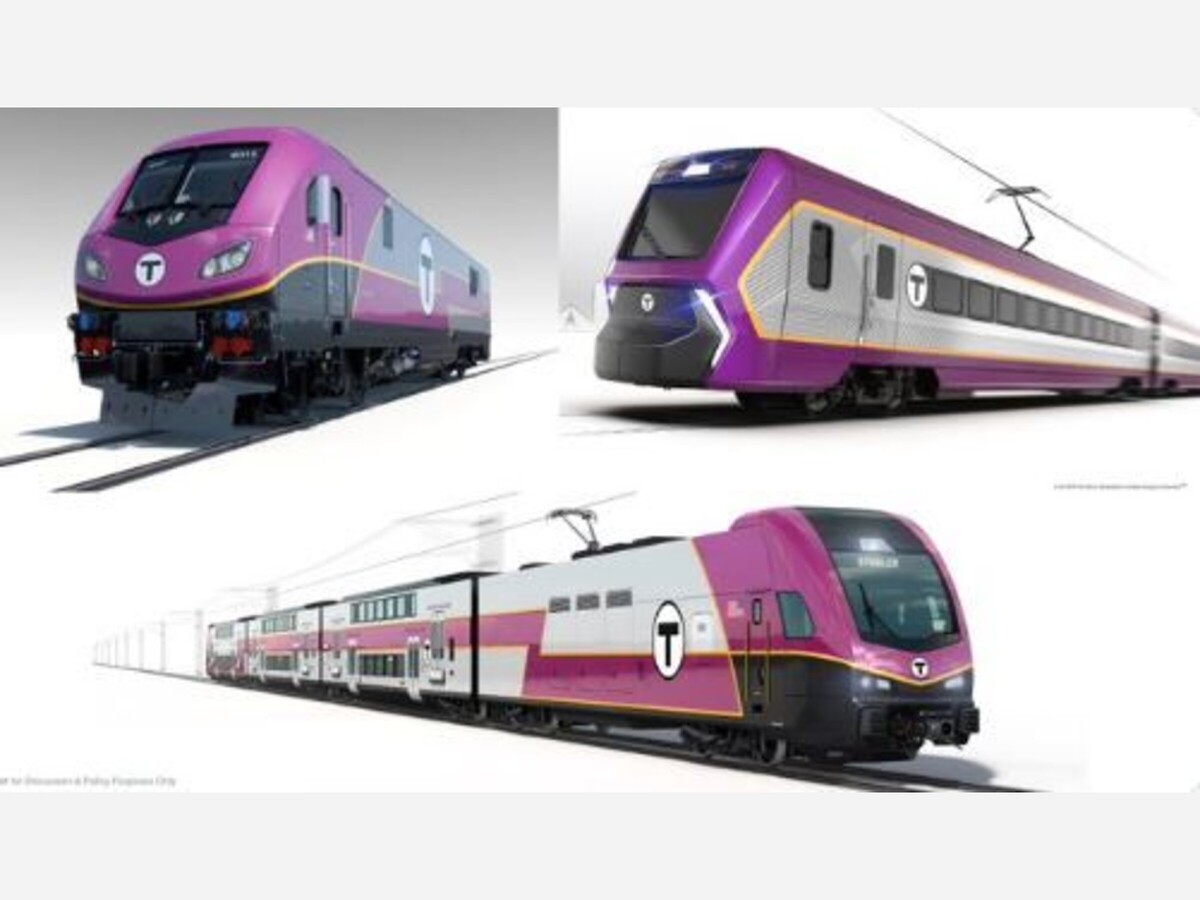Image

Yesterday, the chronically troubled MBTA announced that Battery-Electric Multiple Unit trains would soon be coming to the Fairmount line, which runs roughly parallel to the Northeast Corridor tracks, from Readville to South Station, at an initial cost of some $54 million dollars.
Trains on the Franklin-Foxboro line use both routes at different times of the day, depending on traffic and track availability.
Although MBTA has struggled to maintain its huge fleet of widely varying transportation equipment, the adoption of BEMUs was hailed by the Fairmount Indigo Transit Coalition (FITC) as a significant milestone in their long-standing efforts for improved and equitable transit solutions along the Fairmount Corridor, which they called “a lifeline for many of Boston's underserved communities.”
Indeed, the removal of the old, elevated Orange Line by Governor Michael Dukakis decades ago was a significant contributor to creation of the current “transit desert” in the area, impacting those underserved communities.
"Millions of dollars of investment to electrify this line will serve to improve the air quality and quality of life in our communities in so many ways”, said Mela Miles, Co-Chair of the FITC. “You just can't put a price tag on that."
What is less clear is how the new service and recently added stations will impact the already reliability-challenged conventional commuter rail. According to an MBTA news release, these types of trains will provide faster, quieter, more reliable service “with notably less air pollution in the environmental justice corridor served by the Fairmount Line.” With approval from the MBTA Board of Directors, the MBTA and Keolis can now finalize the details of the contract, including a timeline for service to begin. It is anticipated that trains would run every 20 minutes on weekdays. Subject to the procurement process, the first train is expected to enter service on the Fairmount Line in early 2028.
"I am grateful to the leadership team for their work on this agreement. This is a significant step toward decarbonizing the entire network and positioning the state as a leader in clean energy and climate change,” said Transportation Secretary and CEO Monica Tibbits-Nutt.
BEMU trains use hybrid power with an onboard battery that charges when overhead catenary wires are available, such as at South Station. The trains can then run on battery power. Because they are electric, these trains emit less air pollution and reduce energy consumption. BEMU trains also provide passengers with smoother rides, more space, and a “modernized commuting experience,” according to the MBTA. Additionally, BEMUs operate a quieter service, significantly reducing noise and vibration for passengers and residents adjacent to the route, yards, and maintenance facility.